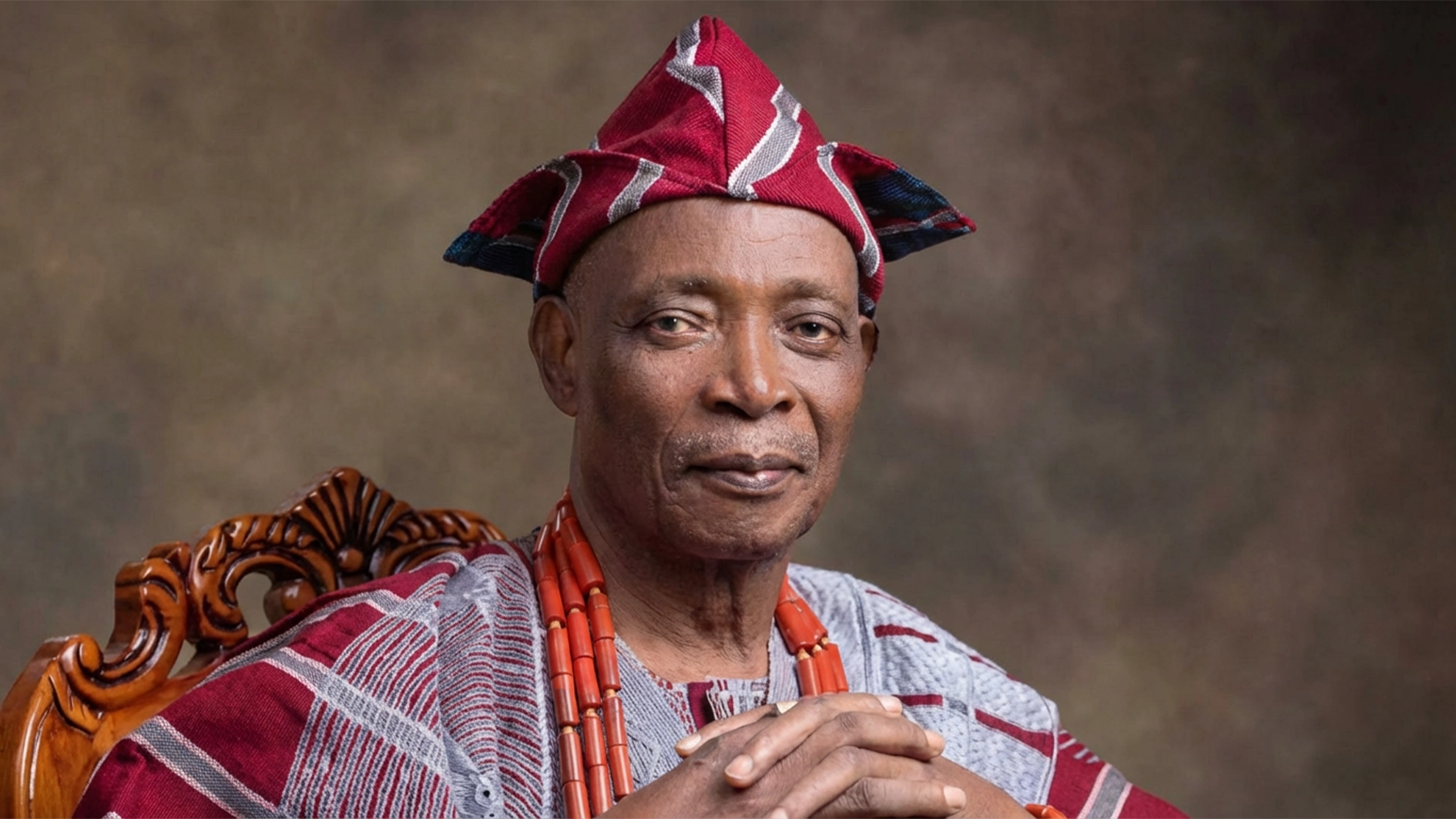
The Chairman of the House of Representatives Committee on Insurance and Actuarial Matters, Mr. Ahmed Jaha, has opposed the idea of the Chief Executive Officer (CEO) of the Federal Inland Revenue Service, Dr. Zach Adedeji, also occupying the seat of the board of the Nigerian Revenue Service.
Jaha, representing Chibok, Damboa, and Gwoza Federal Constituency of Borno State, described the proposal in the tax reforms bills, which scaled the second reading on the floor of the House on Wednesday, as an aberration.
He maintained that the planned measure is completely unfair and inappropriate, citing the famous saying, “Power corrupts, and absolute power corrupts absolutely.
“You cannot be the Chief Executive Officer and, at the same time, the Chairman of the Board. In other words, you cannot be a judge in your own case when and wherever the need arises.”
He added that he, alongside other lawmakers, accepted to allow the bill to pass the second reading because they were able to extract a commitment, as earlier presented by the Leader of the House, that there would be no increase in the Value Added Tax (VAT).
He added: “Definitely, there is nothing like increasing the VAT, but we are all on the same page that the provisions in the reforms can help us improve our collection efficiency ratio, which is very, very important. And then the last one is identifying where the bill contradicts the provisions of the Nigerian Constitution because the Constitution is supreme above all other laws of the Federation.
“Section 141, subsection 1, that speaks about the supremacy of the Act, has given the Act a position of a deconstitution, which you know—there is no law that can be as powerful as the Constitution of the Federal Republic of Nigeria.”
He also raised objections to the proposed inheritance tax, which he said was against the provisions of Islam, Christianity, and other faiths.
According to him, Islam explicitly forbids tampering with a deceased person’s estate.
He said, “So, either in Christianity, Islam, or even in traditional religion, people protect, with a high sense of responsibility and obligation, the estate of a deceased person whenever the need arises.
“Particularly in Islam, you are not even allowed to take a packet of pure water from an inheritance and give it to someone who is not an heir or entitled to that inheritance. So, the issue of collecting tax from what someone left behind is against Islam, and I believe it is against practices in other religions, which we are ready to maintain.”






